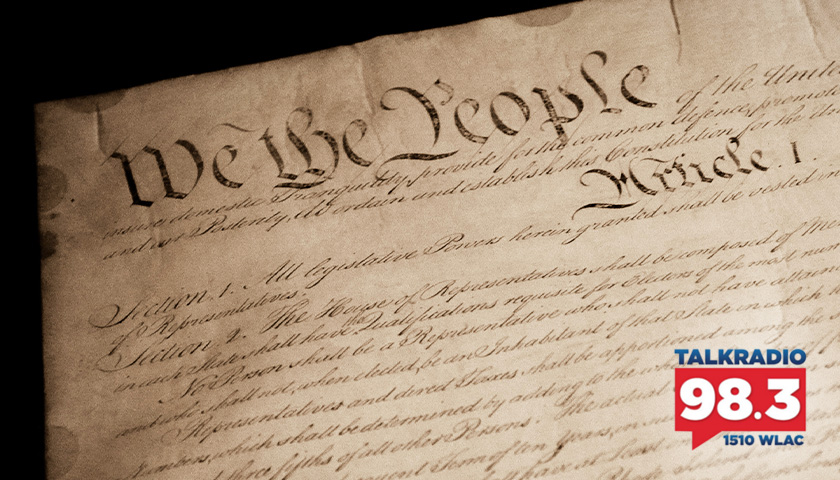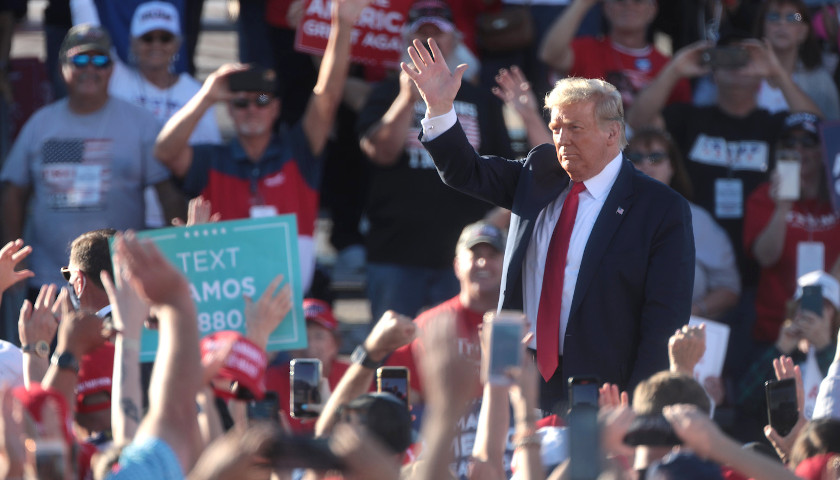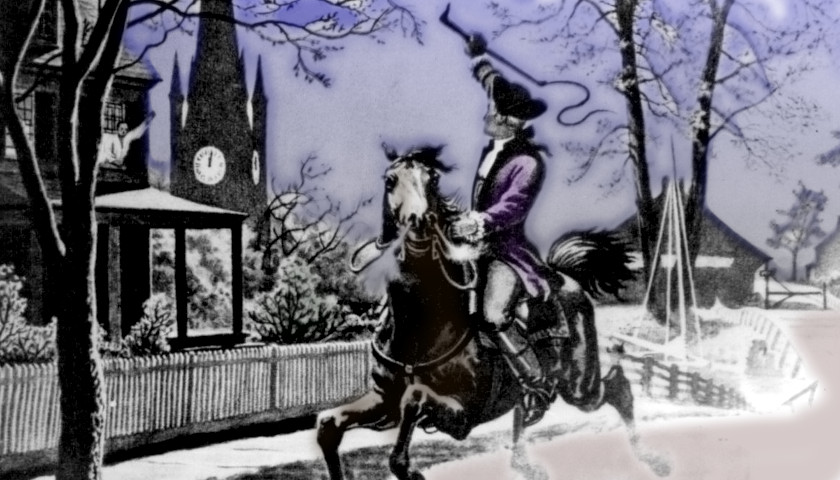In George Orwell’s dystopian novel “1984,”the authoritarian government had power over every aspect of people’s lives, especially their thoughts. To reshape minds, even history could be changed:
“Every record has been destroyed or falsified, every book has been rewritten, every picture has been repainted, every statue and street and building has been renamed, every date has been altered,” Orwell wrote. “And that process is continuing day by day and minute by minute. History has stopped.”
Read the full story




